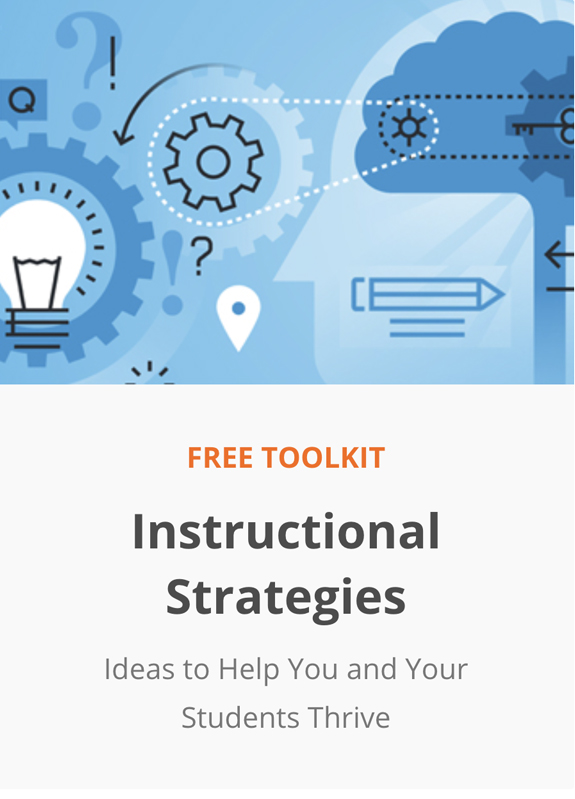When I received my Master of Library Science from North Carolina Central University, my concentration was in academic librarianship. I knew that I wanted to be an academic librarian, so I was glad to gain the necessary skills to thrive. However, we did not cover teaching pedagogy or andragogy, so I had to learn some techniques by attending workshops and sessions that discussed library instruction. I also pulled from my previous teaching experiences. I think that mentorship is a helpful instructional strategy. Mentorship is a way to cultivate a mutually respectful and beneficial relationship with an individual through consistent nurturing with being vulnerable and honest about various topics. One of those topics can be library instruction.
Instruction Mentorship for Librarians
The Association of Research and College Libraries’ Instruction Section has a mentoring program committee that created an opportunity for librarians who would like the benefits of instruction mentorship. The committee paired me with a mentor, and we were told that the mentor and I could schedule the meetings’ frequency. I decided to meet my mentor every two weeks; then, I changed it to monthly due to my busy schedule. Each month my mentor and I are emailed prompts to cover in our discussions.
 During this time, I have been mentored by a fantastic librarian named Carolina Hernandez. She has guided me through my thoughts and ideas, and we have discussed two articles. I decided to create an instruction journal to notate any tips given during our meeting. This is also where I write my ideas to discuss with Carolina and where I write down my webinars and article notes. This journal has been helpful to me because I can refer back to it when I need guidance on how to plan an instruction session.
During this time, I have been mentored by a fantastic librarian named Carolina Hernandez. She has guided me through my thoughts and ideas, and we have discussed two articles. I decided to create an instruction journal to notate any tips given during our meeting. This is also where I write my ideas to discuss with Carolina and where I write down my webinars and article notes. This journal has been helpful to me because I can refer back to it when I need guidance on how to plan an instruction session.
Mentorship can be helpful if this is your first time doing instruction online or even your first time with this frequency of leading online instruction sessions. I think mentorship is a strategy that can improve and help your teaching techniques. Consider reaching out to your peers or local and/or national organizations to connect to a mentor. This connection should lead you on a journey to explore the various pedagogies and andragogies that can guide you.
There are many frameworks that I would like to continue to understand and apply. For instance, care ethics and relational-cultural theory is a new concept that I want to explore and apply to my teaching. The critical librarianship framework has many elements like anti-racist, intersectionality, and feminist pedagogies, which I use in my teaching; however, I know that I can go even deeper into the framework’s application. Teaching and instruction are an integral part of many of our job responsibilities. As professionals, we must be open to lifelong learning so that we can grow our expertise. Consider being mentored to take your instruction sessions to another level.


